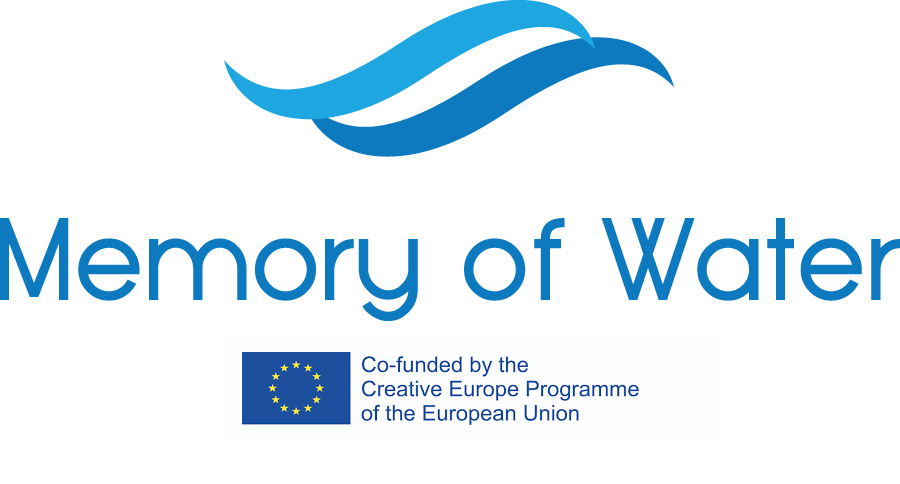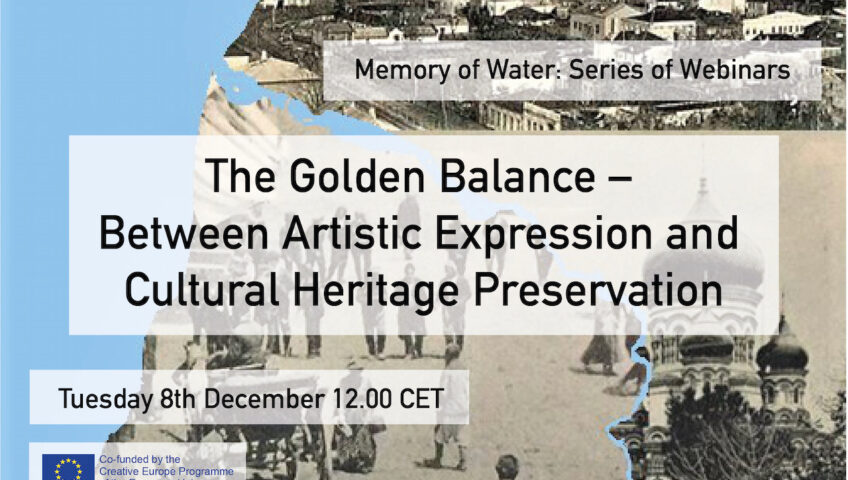After more than a year of artistic collaboration with Georgia and the city of Batumi, Intercult invites you to a conversation with artists and city planners in Batumi, Gdańsk and Stockholm. During the past months all three cities have been investigating the preservation and revitalisation of cultural heritage. Taking into consideration the current situation in Batumi, there are two main questions to be discussed:
- Is the cultural heritage untouchable and can artists interfere and to what extent?
- Are there other ways to interfere in order to highlight the value of memories?
Together with our invited panelists, we will address the role of artists, cultural organizations and cultural institutions in the sustainable development of a city and how the cultural sector and artists contribute to the preservation and support of particularly interesting and endangered cultural environments. Furthermore, we are going to talk about similarities, differences, wishes and possibilities between Gdańsk, Batumi and Stockholm.
Panelists:
- Ana Riaboshenko (Art Curator – Contemporary Art Space Batumi)
- Natia Apkhazava (Batumi city cultural heritage activist)
- Sofie Tchanishvili (Art expert , Batumi city hall - Head of Historical Zone's Development Department under Urban Planning/policy Division)
- Magdalena Zakrzewska-Duda (partner Baltic Sea Cultural Center Gdansk, Poland)
- Iwona Preis (lead partner Intercult, Stockholm, Sweden)
- Moderator: Zviad Eliziani, curator (BAHA/BIAFF, Batumi, Georgia)
- Ana Riaboshenko (Art Curator – Contemporary Art Space Batumi)
- Natia Apkhazava (Batumi city cultural heritage activist)
- Sofie Tchanishvili (Art expert , Batumi city hall - Head of Historical Zone's Development Department under Urban Planning/policy Division)
- Magdalena Zakrzewska-Duda (partner Baltic Sea Cultural Center Gdansk, Poland)
- Iwona Preis (lead partner Intercult, Stockholm, Sweden)
- Moderator: Zviad Eliziani, curator (BAHA/BIAFF, Batumi, Georgia)
Connecting Georgia (2019-2020) is an artist-led project that explores post-industrial maritime heritage in the context of urban planning and community development that connects the city of Batumi with Gdansk, Stockholm and other European cities. The project is linked to the Creative Europe-funded project Memory of Water, which brings together six partners in Europe. Connecting Georgia is funded by the Swedish Institute, to support collaboration between Baltic Sea Region, Georgia and EU.

